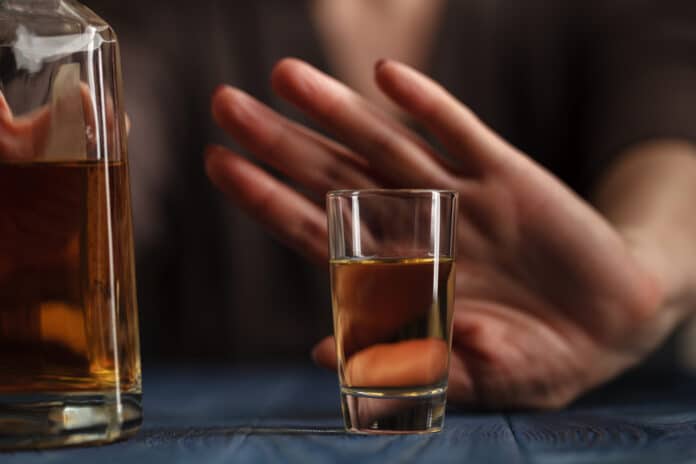
Dry January is a challenge that began in 2012 as a part of a public initiative by the organization Alcohol Change UK. This challenge has become very popular worldwide, and for good reasons. Drinking less alcohol is excellent for your health, especially your liver. It improves your memory, and you don’t have to deal with those pesky hangovers the morning after.
Benefits of Dry January
You can improve your health by giving up alcohol, even if it’s only for a month. A study published in BMJ Open found that heavy drinkers who stopped for 30 days slept better, felt more energized, and lost weight. They reduced cancer-causing proteins in their blood, as well as their cholesterol, blood pressure, and overall health.
Another study conducted in 2018 found that when compared to a control group who continued to drink during the same period, those who participated in Dry January saw significant improvements in lower blood pressure, insulin resistance, weight loss, and a decrease in growth factors that lead to cancer in the blood.
Although the consequences of temporary sobriety may be hard to distinguish from those of other types of self-improvement, such as healthier eating and more exercise, the researchers observed that they could account for these variables in their analysis. Researchers discovered that participants maintained reduced alcohol consumption six months after the dry month, and anecdotally, participants stated that they had improved attention and sleep.
How to Have a Successful Dry January
Get a New Favorite Drink
If you’re having trouble cutting back on drinking alcohol, try switching to a nonalcoholic drink, like soda or sparkling water. Also, many people drink out of routine or by default merely because it is something they are accustomed to. So, substituting it may help get their minds off alcohol.
Use the App
This is the Try Dry app; you can get it on the Alcohol Change UK website. This free software allows you to keep tabs on how much alcohol you consume, establish individual targets, and get inspired by things like how many calories you’ll save and how much cash you’ll save by cutting back on the drinks you usually take. Its purpose is to help you reduce or abstain from alcohol consumption.
Avoid Temptations
Do not bring alcoholic beverages into your home, and carry your nonalcoholic beverages with you whenever you are invited to the home of a friend or family member.
Have a Support Group
Make sure that your loved ones and close friends know your plans, and urge them to hold you accountable. Even better, ask someone else to participate in the challenge with you.


















